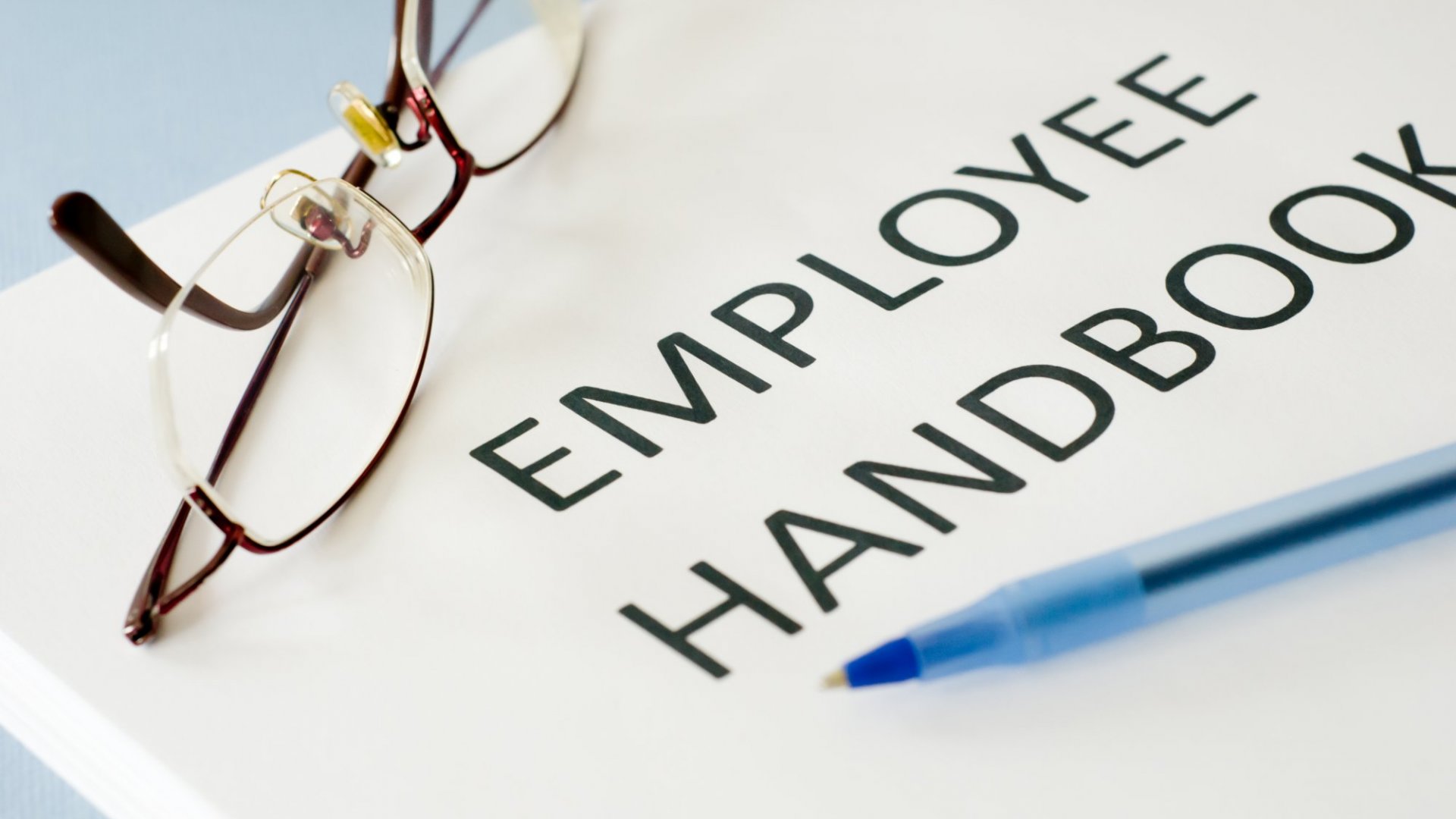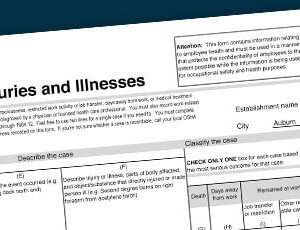Description
Private Employers took advantage of the Employee Handbook Civility Rules put in place by the National Labor Relations Board (NLRB) for policies that make the Employers’ life easier and more in control of employees prior to 2022. These Rules focused on Employer Friendly policies like:
- Being Respectful
- No Gossiping
- Neutral civility rules, barring rude, offensive, or disparaging language or behavior;
- Rules banning photography and recording, or devices for photography and recording, from the workplace;
- Rules against insubordination, non-cooperation, or on-the-job conduct that adversely affects operations;
- Rules banning disruptive behavior, disorderly conduct, or creating disturbances or discord on premises;
- Rules protecting confidential, proprietary, and customer information or documents;
- Rules against defamation or misrepresentation;
- Rules against using the employer’s logo or intellectual property without authorization;
- Rules requiring authorization to speak on behalf of the company; and
- Rules banning disloyalty, nepotism, or self-enrichment.
These are outlawed now!
Now these policies are determined to be unlawful according to the new Administration and will be expected to be changed in 2022.
The NLRB enforces the National Labor Relations Act, which gives both unionized and non-union employees certain rights in the workplace. The extent of these protections tends to shift depending on the makeup of the Board in Washington. With a recent shift to a new administration, we expect the Board to apply the NLRA more broadly, meaning greater restrictions on employer policies and practices.
If your organization is in the private sector (i.e., not a governmental entity), then you are likely subject to the NLRB’s jurisdiction. There are more than 50 categories of cases where the current NLRB leadership may try to reverse course on existing precedents that it deems to be too employer friendly.
Find out how the changes at the NLRB may affect your company and why you might want to start making changes in your Employee Handbook now.
Why should you attend ?
The NLRA protects “concerted activities” that employees engage in to improve working conditions. Historically, and particularly during the previous administration, the board construed the protection as applying to conduct directly related to a specific worksite, such as protesting an employer’s overtime policy.
Private-sector union membership has steadily declined for decades. But the access issue is getting renewed attention amid the COVID-19 pandemic and high-profile union elections held by employees of large companies like Amazon.com Inc and Starbucks Corp.
What is Concerted Activity and Why Should Employers Care
Protected Concerted Activity is a legal term used in labor policy to define employee protection against employer retaliation in the United States.
It is a legal principle under the subject of the freedom of association.
The term defines the activities workers may partake in without fear of employer retaliation.
Session Highlights:
- Learn why the civility rules are now outdated.
- Learn how long you have before the changes are in place legislatively.
- Learn how your current Employee Handbook might be outdated based on these new changes.
- Learn what Role Does the NLRA and the NLRB have on non-union employees.
- How Can Employers mitigate these changes and stay compliant?
- Learn how you can prepare for the changes before you are violated for non-compliance.
- Expanding monetary damages for which employers may be liable when they unlawfully terminate workers.
- Reversing the previous administrations decision that created a new, employer-friendly framework for determining when an employer’s handbook policies infringe on protected concerted activity under the NLRA.
- Reversing precedent that made it easier for employers to establish workers are independent contractors.
- Limiting employer unilateral actions, even when the collective bargaining agreement has a broad management rights clause.
- Scaling back employers’ ability to govern civility in the workplace in certain circumstances.
- Reversing recent cases finding confidentiality, non-disparagement clauses, and certain waiver of claims in separation agreements lawful.
- Expanding employee rights related to employer discipline.
- Reestablishing NLRB jurisdiction to decide matters involving religious educational institutions.
Who should attend?
- All Private Employers
- Business Owners
- Company Leadership
- Compliance professionals
- Payroll Administrators
- HR Professionals
- Managers/Supervisors
- Private Employers in all industries
- Small Business Owners
- Large Business Owners





